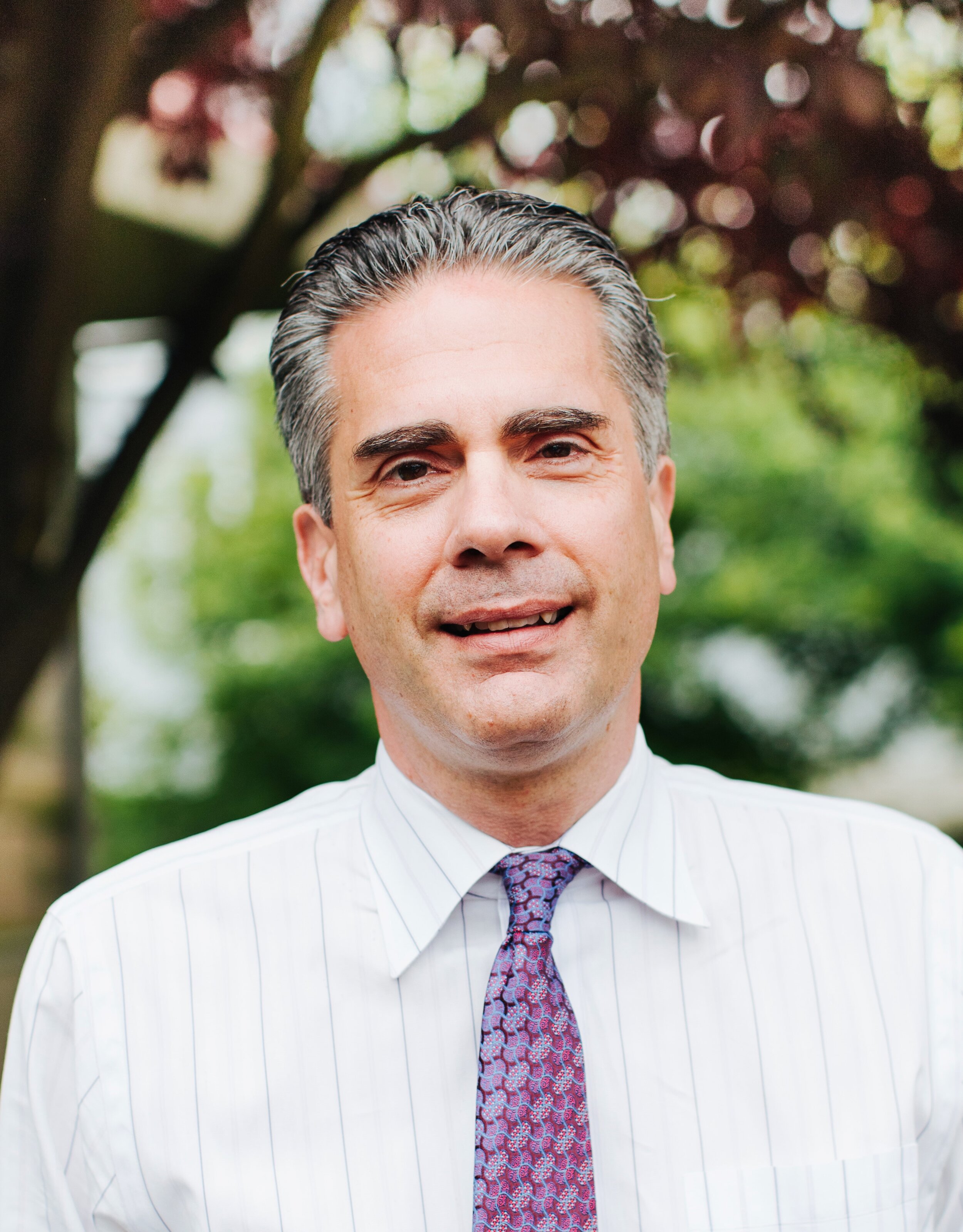Acknowledging and Dealing With Trauma with Author and Psychiatrist Dr. Paul Conti
On this episode of Health Gig, we speak with Dr. Paul Conti, a leading psychiatrist and author of Trauma: The Invisible Epidemic. “Trauma” may be a daunting word, but it is much more present in our lives than you might expect. If you want insights into how trauma can affect our everyday lives and how we can begin the process of dealing with it, make sure you tune in to this week’s episode.
More on Dr. Paul Conti:
Website: https://www.pacificpremiergroup.com/paul-m-conti-md/
Dr. Conti’s new book, Trauma: The Invisible Epidemic:
https://www.amazon.com/Trauma-Invisible-Epidemic-Works-Heal/dp/1683647351
FOLLOW HEALTH GIG:
Learn more about BB&R and Achieving Optimal Health Conference by visiting BBRconsulting.us
Quotes:
“Once a person starts talking, then very often they can put words to what's actually going on in them.” Dr. Paul Conti
“People often know why they feel the way they do, but we push it underneath the surface, and when a person starts talking, they can identify that.” Dr. Paul Conti
“One way [to identify trauma] can be to reflect on things that we may know about ourselves or about others that we continually push under the surface.” Dr. Paul Conti
“There's trauma in all of us to some degree. And if we're not seeing it in ourselves, it may be that [we’ve] been fortunate enough to not be so deeply affected. But then it's in other people around us… Trauma is everywhere.” Dr. Paul Conti
“The best thing to fight trauma is for us to say, ‘Hey, this happens to all of us, and there's no shame in it.’” Dr. Paul Conti
“Knowledge brings power, and with power, we can do good, and doing good leads to healing.” Dr. Paul Conti
Show Notes:
[01:41] While at medical school, I realized that you could learn so much about not just individual people, but about all of us by studying not just the brain biology that's behind all of it, but how we interact with one another and how the world around us affects us.
[03:40] Whether it's treating severe illness or it's consulting to healthier people and everything in between, really has to do with trauma.
[04:08] The first part of my life was relatively smooth in the sense that I didn't identify major traumas.
[04:20] Around the middle of my life, there started to be some very, very traumatic events.
[05:11] How does that person who's been through trauma think about themselves now and how did they think about themselves before?
[08:35] A lot of things in life can work that way if we want to look at them that way. So the idea that there is acute trauma, chronic trauma and vicarious trauma, I believe, really captures the spectrum.
[10:53] If someone moves in front of you and shuts you, you can feel angry or afraid. You feel that without choosing it.
[11:21] When trauma arouses shame, it’s so powerful that if we don't know what to do with it... then the vast majority of times it becomes very toxic.
[13:20] Once a person starts talking, then very often they can put words to what's actually going on in them.
[17:54] We accumulate trauma, and that trauma can lead us to have wisdom and compassion and a sense of self.
[19:49] We're emotional creatures because that's how we keep ourselves alive—Our brain saying, “Be afraid of that, don't eat that berry. Don't go into those woods alone.”
[20:56] Trauma changes everything, not just in a person, but it changes things across generations.
[24:22] One way [to identify trauma] can be to reflect on things that we may know about ourselves or about others that we continually push under the surface.
[26:56] Our health system has really devolved to just absurd levels of waste and absurd levels of non-provision of help.
[28:09] [People have been] told to be ashamed of what they look like, told to be ashamed of their sexuality, told to be ashamed of their gender identity, told to be ashamed of their socioeconomic status, [told to] be ashamed of their ethnicity.
[31:15] When you have knowledge, now you understand things right and you have power to think about them differently, to use different words, to make different choices, to choose different behaviors.
[32:40] Hopefulness is its own kind of knowledge.
Keywords:
#TriciaReillyKoch, #DoroBushKoch, #DrPaulConti, #Trauma, #Recovery, #Wellness, #HealthGig, #MentalHealth, #PersonalGrowth, #Understanding, #Health, #PhysicalHealth, #Doctor, #Shame, #Thinking, #Power, #OpeningUp, #Learning, #Detection, #COVID19, #Pandemic

